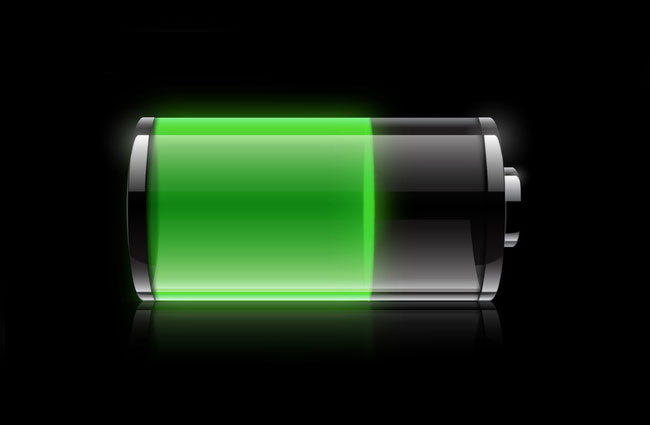Stanford University scientists have developed an ultrafast rechargeable aluminium-ion battery capable of charging a cellphone in only one minute.
According to the researchers, this new battery does not catch on fire and is far safer than lithium-ion and alkaline batteries that are being widely used today.
Hongjie Dai, a professor of chemistry at Stanford University, said:
“We have developed a rechargeable aluminium battery that may replace existing storage devices, such as alkaline batteries, which are bad for the environment, and lithium-ion batteries, which occasionally burst into flames,”
“Our new battery won’t catch fire, even if you drill through it,” he added.

Aluminium is inexpensive, has a high-charge storage capacity, and low flammability. This makes the metal an attractive material for batteries.
Dai said:
“People have tried different kinds of materials for the cathode. We accidentally discovered that a simple solution is to use graphite, which is basically carbon. In our study, we identified a few types of graphite material that give us very good performance,”
The battery developed by the scientists operates through “electrochemical deposition and dissolution of aluminium at the anode, and intercalation/de-intercalation of chloroaluminate anions in the graphite, using a non-flammable ionic liquid electrolyte.”
The battery is “ultrafast” and can withstand over 7,500 charge-discharge cycles
The team reported “unprecedented charging times”.
Other aluminium batteries developed in the past die after only 100 charge-discharge cycles. However, the Stanford prototype can withstand up to 7,500 charges – about 7 times more than the typical lithium battery.
The research was published in this month’s edition of Nature.
The authors of the study wrote:
“This was the first time an ultra-fast aluminium-ion battery was constructed with stability over thousands of cycles.”
Ming Gong, co-lead author of the Nature study, added:
“Another feature of the aluminium battery is flexibility.”
“You can bend it and fold it, so it has the potential for use in flexible electronic devices. Aluminium is also a cheaper metal than lithium.”
Reference: Meng-Chang Lin. et al. – “An ultrafast rechargeable aluminium-ion battery” – Nature (2015) doi:10.1038/nature14340
